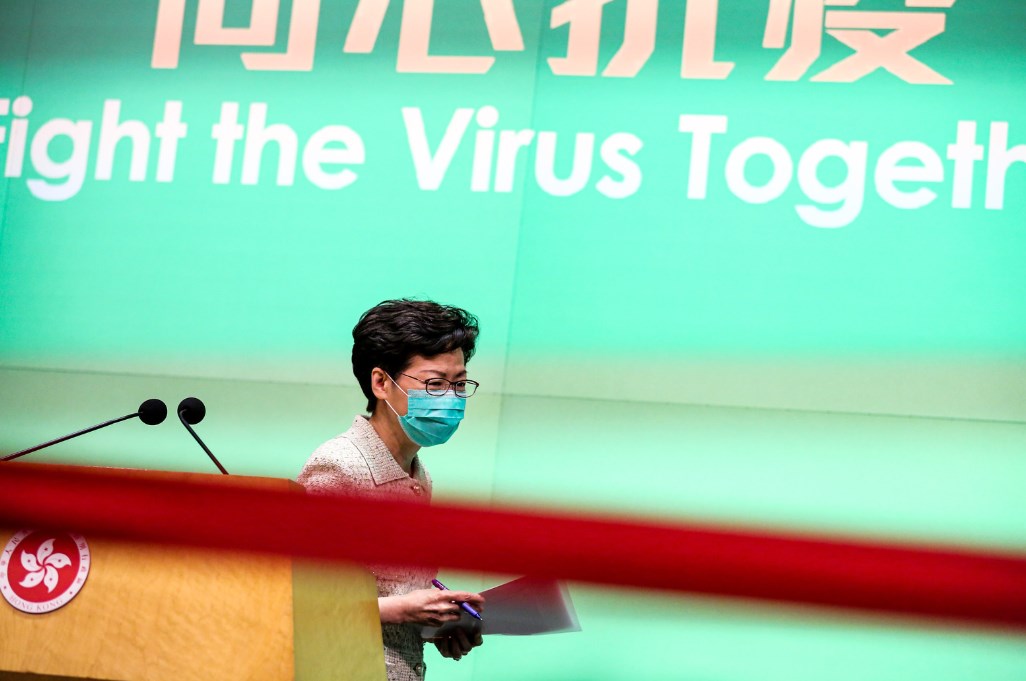Hong Kong police have banned an upcoming pro-democracy march citing the extension of the coronavirus social gathering measures.
The march was set to take place at 2 pm on Sunday, with crowds expected to gather near the Clock Tower in Tsim Sha Tsui before making their way to Mong Kok. The organisers announced on Telegram on Wednesday that the police had rejected their letter of no objection application on the grounds that group gatherings have been restricted.

The government imposed social distancing rules in March in a bid to curb the coronavirus outbreak, which has infected 1,040 people in the city. Hong Kong has not recorded any local infection for more than two weeks.
On Tuesday, Chief Executive Carrie Lam announced that the ban on social gatherings would be relaxed, with the limit upped from four to eight people. The adjusted rules will take effect on Friday and the restrictions extended to May 21.
The organisers said they were not surprised by the police decision, saying that the government had interpreted the gathering ban at its will, while law enforcement operated according to “personal preference.”
After considering the failure of other groups to apply for protest permission, the Kowloon march organisers said they understood that appealing would be useless until the gathering ban was lifted. They said Sunday’s march would be postponed and a confirmed date would be announced later.

“Our determination to strive for democracy and freedom will not waver in the slightest by the government’s gathering ban,” the organisers wrote, adding that protesters should equip themselves and need not worry, as they will be able to return eventually.
The march originally called on Hongkongers to “wake up,” urging the city’s leader to step down. The organisers criticised the government for causing public outrage by pushing for the passing of the “evil” extradition bill last year. The proposed amendment was eventually axed, but it sparked months of large-scale protests and unrest.
They also accused Lam’s administration of “turning a blind eye” to the wellbeing of Hongkongers during the coronavirus outbreak, as she resisted calls to close the border with China – where the deadly virus was first detected – and did not quickly distribute masks for the public.
